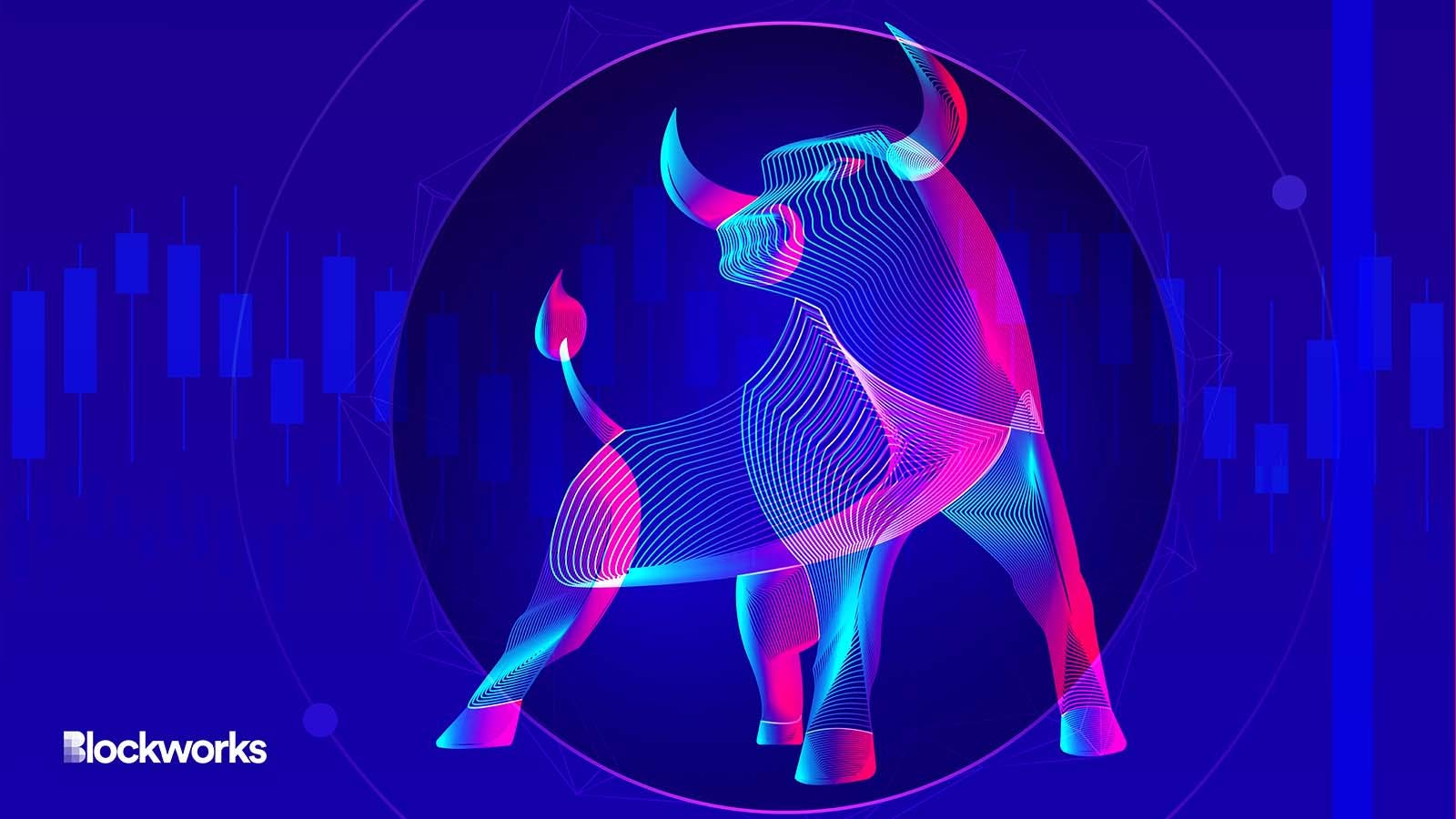Block.one Cans $9B SPAC Merger 4 Months After Scrapped EOS Settlement
Crypto exchange Bullish’s plans to go public has hit the brakes after an estimated $9 billion with a SPAC fell through

printstocker/Shutterstock.com modified by Blockworks
Block.one’s crypto exchange Bullish won’t be going public after all.
Its $9 billion merger with a SPAC has been terminated just four months after courts rejected its $27.5 million settlement in a class action lawsuit, which alleged its EOS initial coin offering constituted an unregistered securities sale.
Under a mutual agreement disclosed Thursday, Far Peak Acquisition Corp and Bullish said they’d be walking from the deal as the firm’s SEC Form-4 registration statement hadn’t yet been declared effective.
Form-4s are required to register securities issued by parties outside the US and are filed in support of mergers, tender offers and the like. Bullish is registered to the Cayman Islands, while Far Peak is in the US.
Far Peak and Bullish entered into a business combination agreement last year that would have taken the exchange public on the New York Stock Exchange.
Both parties had the right to step away if the deal hadn’t been formalized by the end of the year. The SPAC said it doesn’t intend to seek a new merger partner and would wind up operations by March 7 of next year — ending 18 months of deliberations between the pair.
Had Bullish gone public in the US, it would’ve been only the second pureplay crypto exchange to do so, following Coinbase’s direct listing last April.
“Our quest to become a public company is taking longer than expected, but we respect the SEC’s ongoing work to lay new digital asset frameworks and clarify industry-specific disclosure and accounting complexities,” said Brendan Blumer, CEO at both Bullish and EOS developer Block.one.
Bullish is backed by Peter Thiel’s Thiel Capital and Founders Fund, alongside Christian Angermayer and Alan Howard, among others.
Block.one SEC settlement lingers
Still, ending the deal comes after a US court threw out a proposed $27.5 million class action settlement between Block.one and EOS investors in August.
The court raised concerns over how the proceeds were to be divided between global and US-based plaintiffs, considering the case focused on US securities law.
Block.one separately settled with the SEC for $24 million in 2019 over allegations its $4.1 billion EOS initial coin offering was an unregistered securities sale. Block.one paid up without admitting to or denying the charges.
The tossed settlement could have implications for how the SEC approaches securities cases moving forward, especially with regard to international investors.
In any case, the scuppering apparently couldn’t have come at a worse time for a crypto exchange seeking to go public in the US.
David Canellis contributed reporting.
Get the news in your inbox. Explore Blockworks newsletters:
- The Breakdown: Decoding crypto and the markets. Daily.
- 0xResearch: Alpha in your inbox. Think like an analyst.






